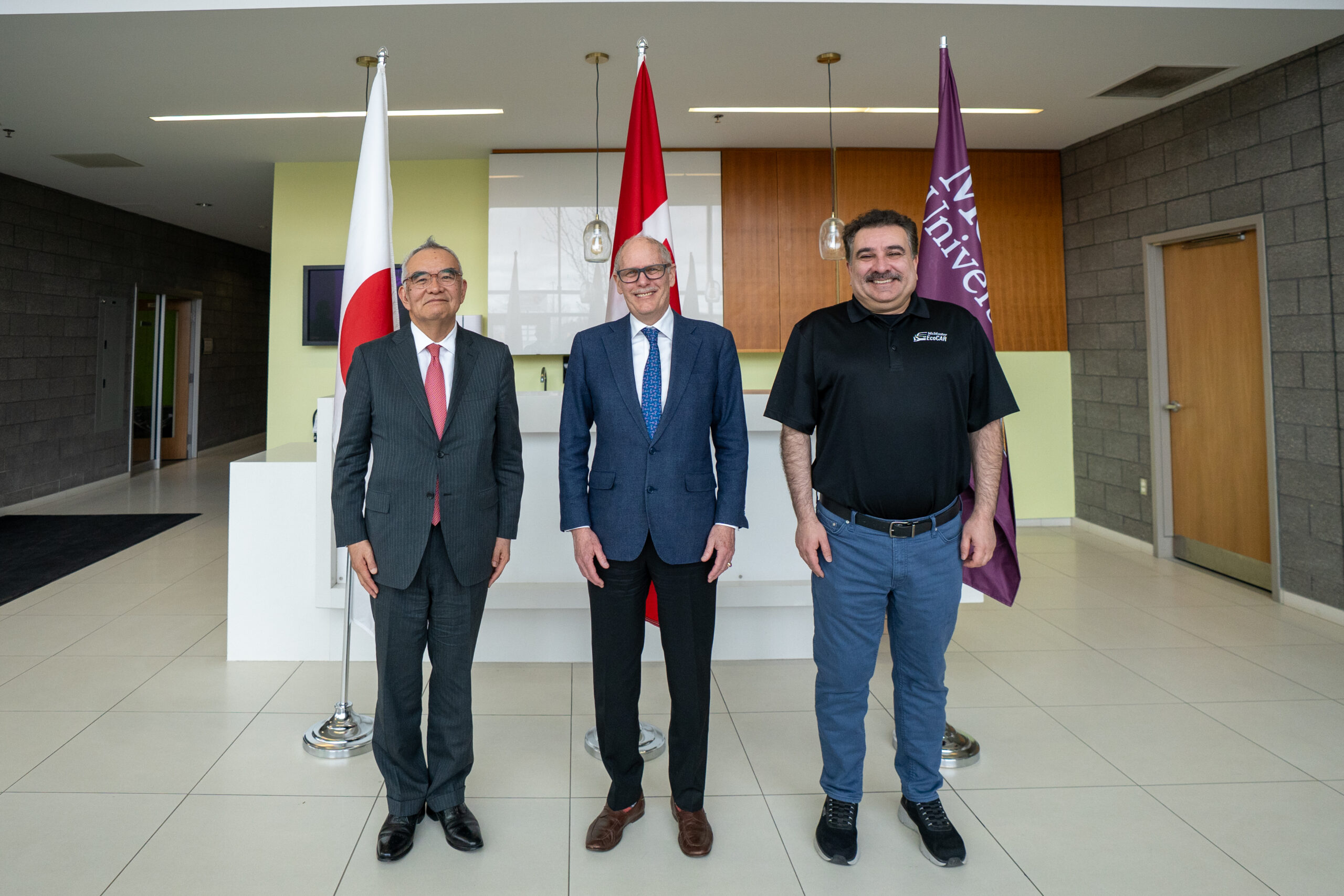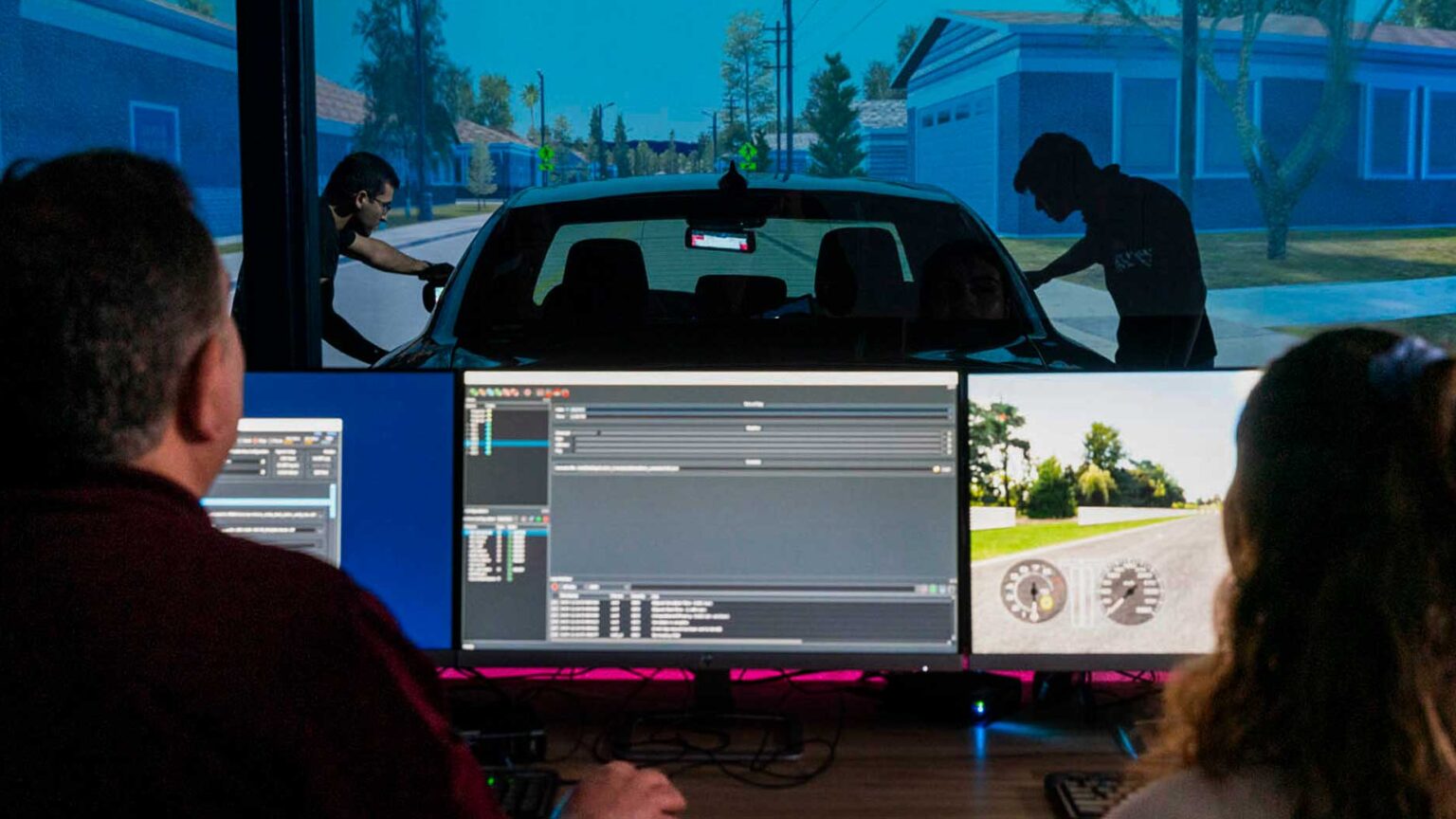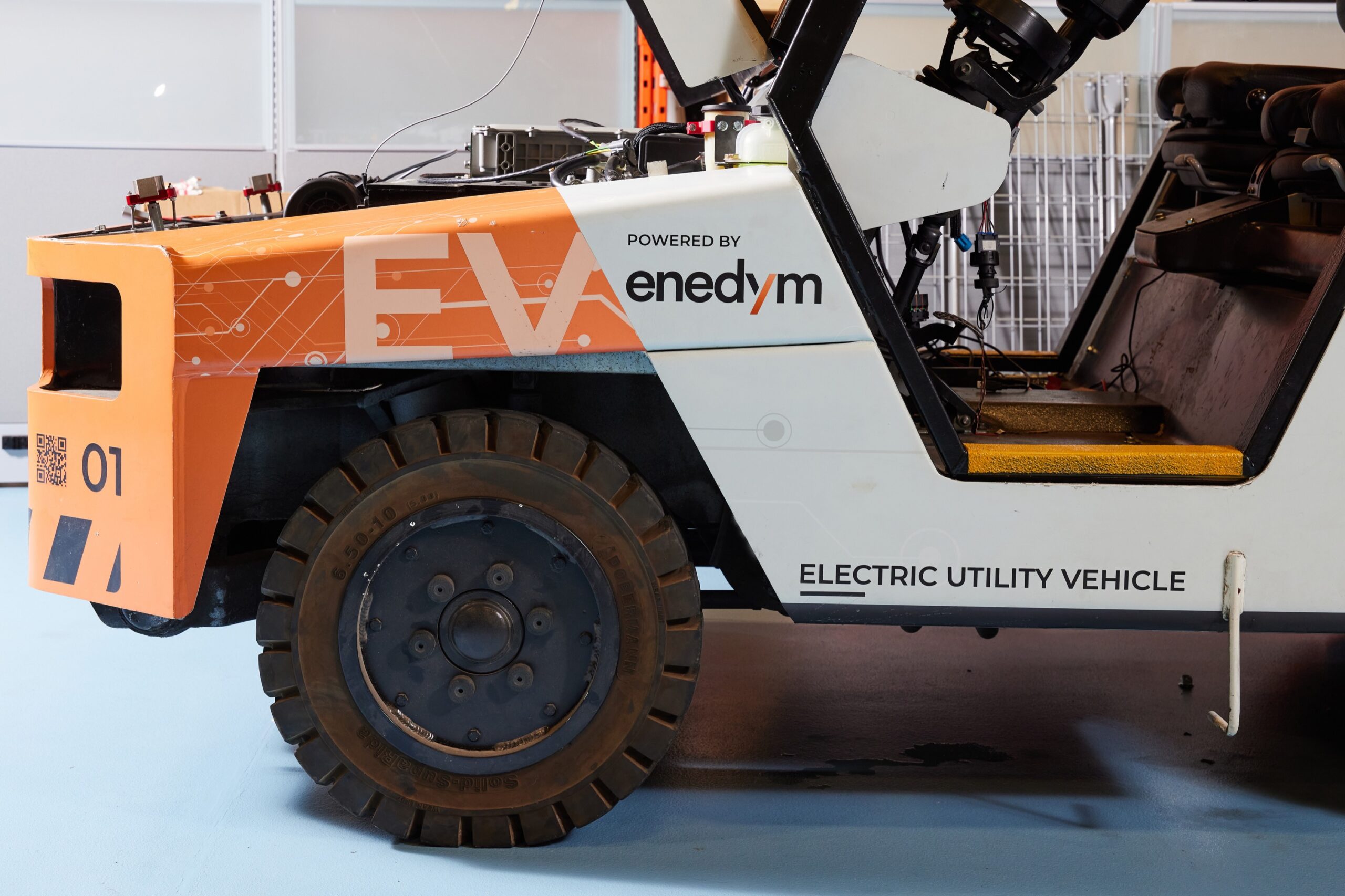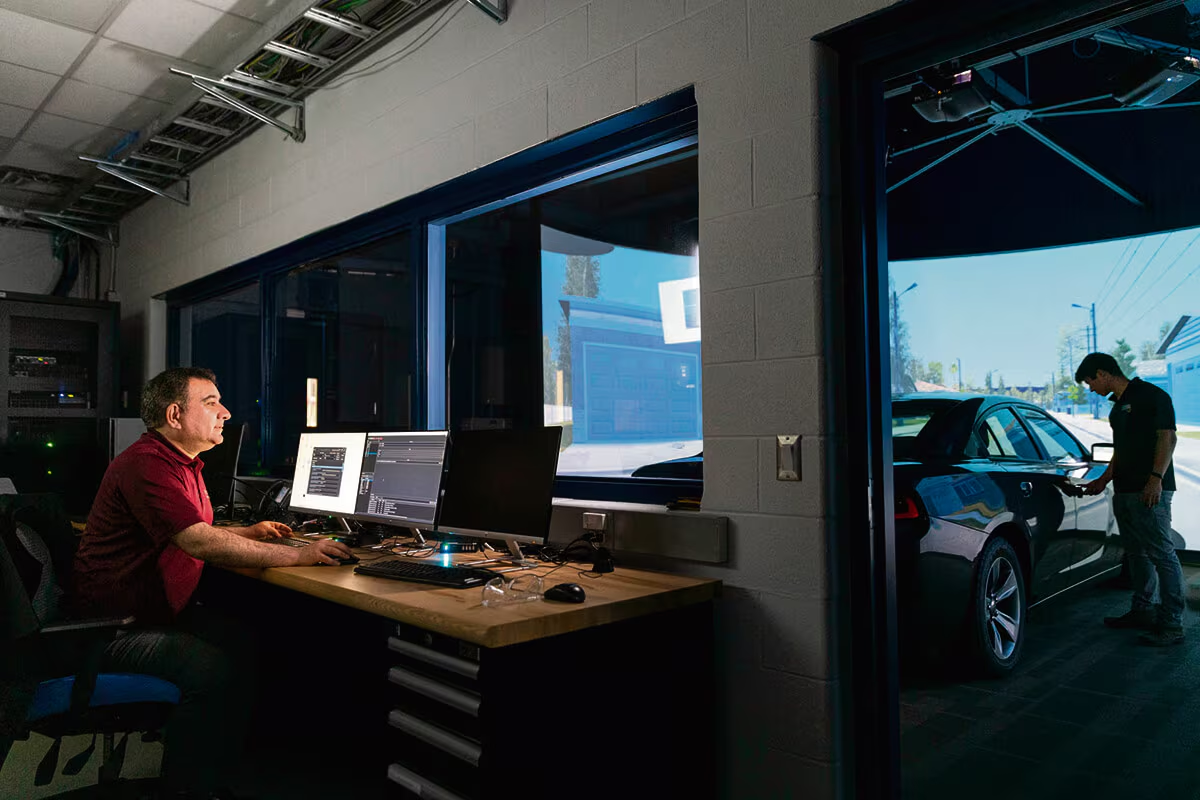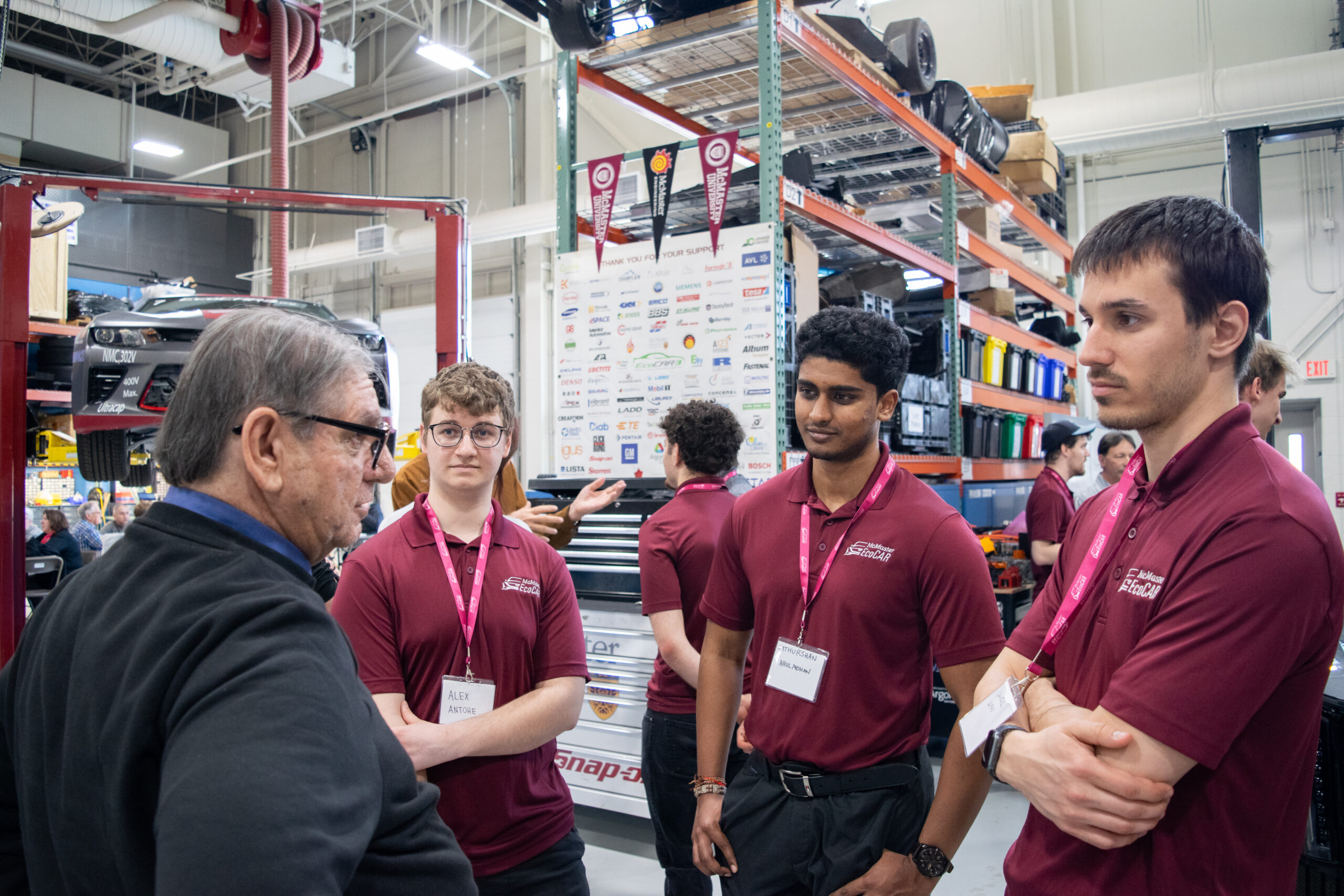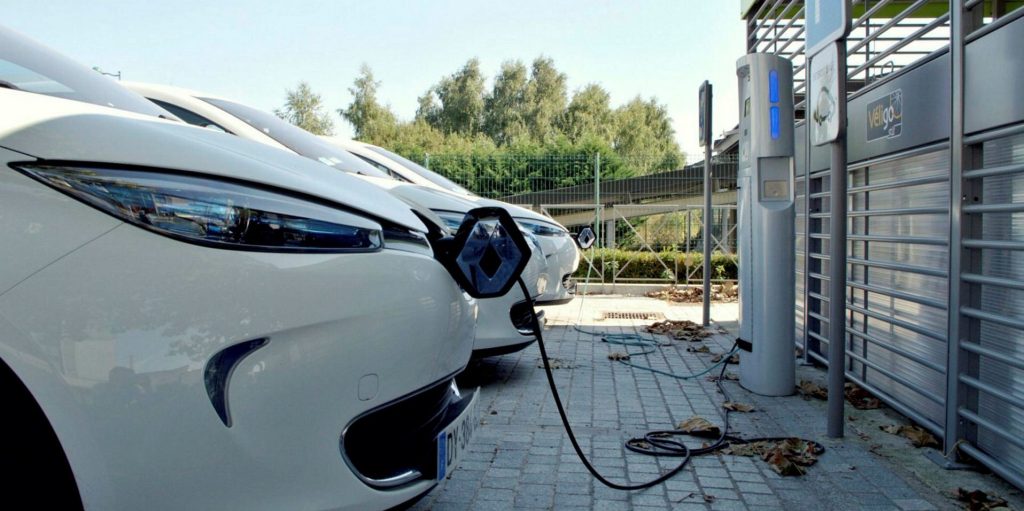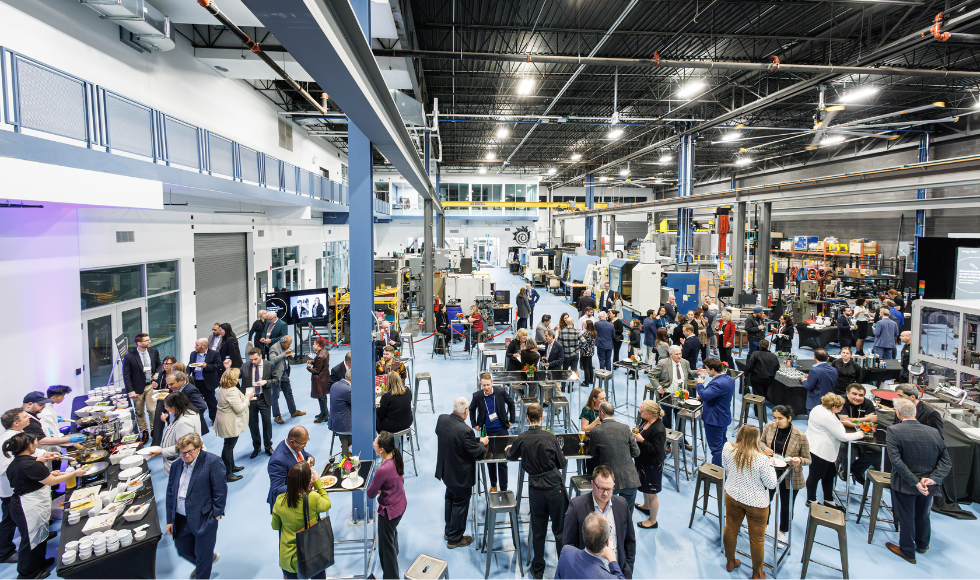Mohamed Omar received his B.Sc. in electrical engineering in 2011, from Benha University, Egypt. After his bachelor’s degree, he worked as Assistant Researcher at the Electronics Research Institute (ERI), Egypt. At ERI, his primary responsibility was to apply artificial intelligence to control grid-connected PV systems. He earned his master’s degree in electrical engineering from Cairo University, Egypt, in 2017. From 2017 to 2020, he gathered experience designing PV plants by working in MADKOUR as an R&D engineer.
Since 2020, he has been with Dr. Ali Emadi’s research team at the McMaster Automotive Resource Center (MARC) at McMaster University, Canada, where he is currently pursuing his Ph.D. His research interests include using machine learning algorithms in the geometrical design optimization of electric machines. He is also working on developing and experimentally testing a Solid-State Power Controller (SSPC) for aerospace applications.
Full Profile
Born in Egypt, Mohamed had shown a great interest in the electrical motors embedded in his toys, since he was a child. He loved physics and mathematics in high school, and even ranked first among all other students in these subjects. After high school, Mohamed decided to follow his passion. The journey began in 2006, when he applied to the electrical engineering program at the Shoubra Faculty of Engineering, Benha University, Egypt.
Following his graduation, Mohamed started his work as a research assistant at the Electronics Research Institute (ERI). It was here that he joined the department of high power and energy conversion. In 2013, Mohamed applied for a M.A.Sc. in automatic control, at Cairo University. He studied courses related to artificial intelligence, which he later applied to his master’s thesis. Mohamed designed a grid-connected solar system using two-stage configurations. While applying fuzzy logic for PV maximum power point tracking, he developed a 2 KW DC-DC boost converter. He also used fuzzy logic to control the PV inverter to regulate the active and reactive power delivered to the grid. Later, Mohamed developed a three-phase grid-connected PV system prototype in the laboratory, which would later become a training platform for undergraduate students.
After receiving his M.A.Sc in 2017, Mohamed worked as an R&D specialist for three years, in the MADKOUR group in Egypt. It was here that he applied his acquired research knowledge and skills. He was able to design many mega on-grid and off-grid, PV plants.
Mohamed is currently pursuing a Ph.D. in electrical engineering, at McMaster University. In September 2020, he joined the McMaster Automotive Resource Centre (MARC). He aims to continue his passion for artificial intelligence and apply it to the electric machines’ design optimization process. He is also working on developing and experimentally testing a Solid-State Power Controller (SSPC), for aerospace applications.
In addition to his studies, Mohamed works as a teaching assistant at McMaster University, for electric engineering courses. In his free time, Mohamed enjoys going out for a run with friends, and playing soccer on beautiful days. This makes him healthy, focused, and efficient in his research. Not surprisingly, he also enjoys cooking meals and spending quality time with his beloved wife and kids, because they are his primary source of inspiration, motivation, and strength.

